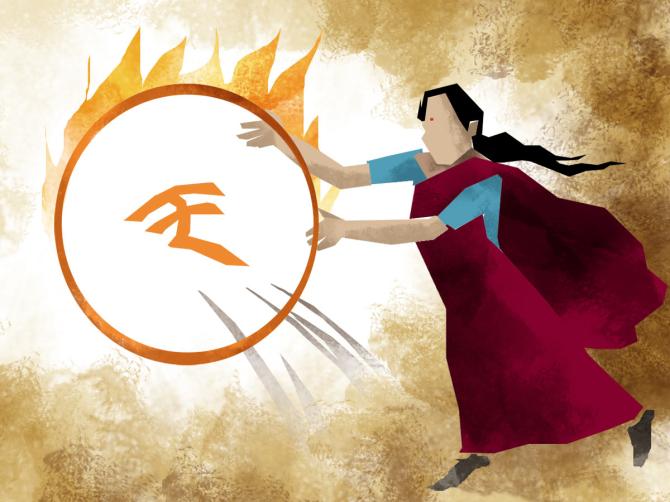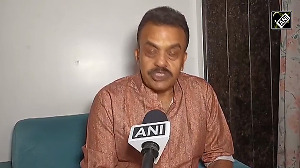The Union government’s revenue from securities transaction tax (STT) is on track to exceed its Budget projection for the current fiscal year, with the mop-up already surpassing 50 per cent of the annual estimate.

Provisional figures reveal that the Centre has collected approximately Rs 14,000 crore in the first half of this fiscal year up to September, according to a government official.
This amount exceeds half of the full-year target of Rs 27,625 crore set for FY24.
The increase is largely attributed to the ongoing buoyancy in the stock markets, increased STT rates on futures and options sales, and the addition of unique investors.
These factors have stimulated trading activity and bolstered STT collections.
Over the past few years, securities tax has emerged as a significant contributor to the Centre’s tax kitty, said officials.
The influx of new investors in both cash and derivative segments of stock exchanges has led to a surge in STT collections.
The 2023-24 Budget increased the STT on sales of options and futures by 25 per cent each.
Despite initial concerns that this might impact trading volumes, the market has instead experienced a surge since the new rule took effect on April 1.
Besides, the addition of 10 million unique investors in just eight months is anticipated to be a key factor in this surge.
During the April-September 2023 period, the Nifty50 gained 13 per cent, while the Nifty Midcap 100 and the Nifty Smallcap 100 rose by 35 per cent and 42 per cent, respectively.
This marked the best first-half performance for the broader market since H1FY21, when stocks had rallied from their Covid lows.
In September alone, the Nifty 50 index saw a swing of 967 points or 4.8 per cent – most in six months.
It reached a lifetime closing high of 20,192 on September 15 before some pullback.
The Sensex also made a record high of 67,839, after ending in green for the first 11 trading sessions of the month.
The broader market Nifty Midcap 100 and Nifty Smallcap 100, too, scaled fresh peaks.
Experts said the buoyancy in the markets and a high number of IPOs boosted trading volumes.
Officials indicated that there could be a possibility of an increased Revised Estimate for STT for the current fiscal year, and even a higher collection target for the next fiscal year.
This trend has been observed over the past three-four years.
In FY23, for instance, the Centre collected Rs 24,960 crore as STT against a Budget Estimate (BE) of Rs 20,000 crore.
The target was later revised to Rs 25,000 crore for that year.
FY22 also witnessed a multifold jump in the collection figures, with actual realisation being Rs 23,191 crore against a budgeted Rs 12,500 crore.
Finance Minister Nirmala Sitharaman, earlier, in an interview with Business Standard said that these new highs for the Nifty and the Sensex reflect that large industries and listed companies are doing well, instilling confidence in small investors.
The government’s confidence is also bolstered by an overall increase in the net direct tax collection -- comprising both corporation and personal tax mop-ups -- which grew over 23.5 per cent YoY as on September 18.
STT is part of personal income taxes.
Introduced by the government in 2004, STT applies to transactions involving different types of securities.
All stock market transactions involving equity or equity derivatives like futures and options are liable to be taxed under STT.
The rate currently varies from 0.025 per cent to 0.25 per cent depending on the type of security traded and transaction.












 © 2025
© 2025